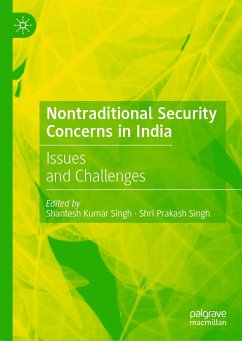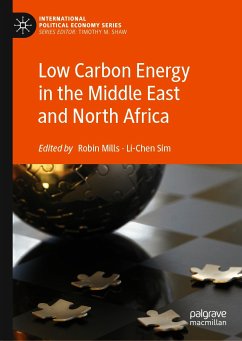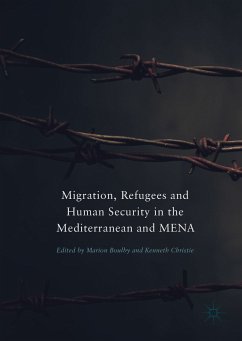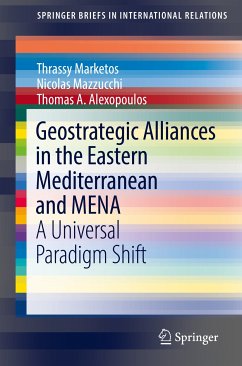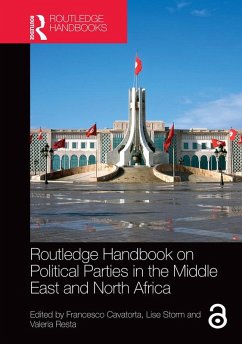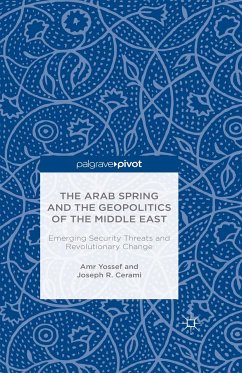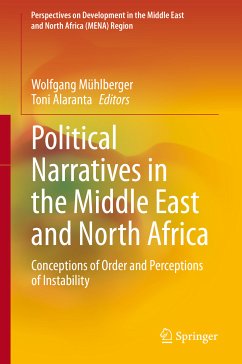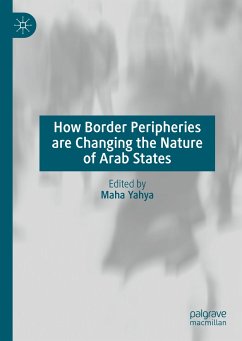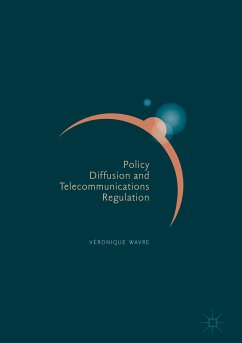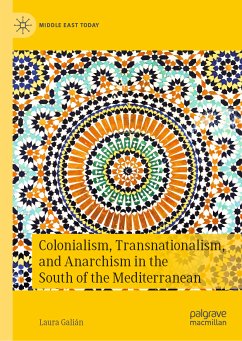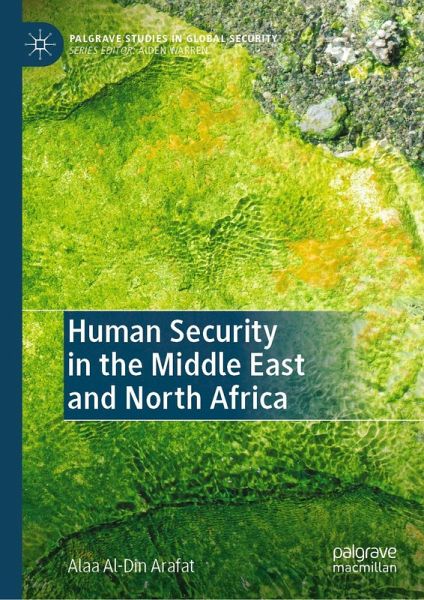
Human Security in the Middle East and North Africa (eBook, PDF)
Versandkostenfrei!
Sofort per Download lieferbar
104,95 €
inkl. MwSt.
Weitere Ausgaben:

PAYBACK Punkte
52 °P sammeln!
This book analyzes major human security threats in the MENA region, including food, water, energy, climate, and health security. It also examines sectarian conflict, terrorism, and poverty in the region. The author highlights the relationship between human security concerns and conventional or military security threats. He demonstrates how MENA nations failed to respond to the region's human security threats and to develop a human security formula and regional security architecture that included both human and conventional security threats. Therefore, this book concludes that the MENA region's...
This book analyzes major human security threats in the MENA region, including food, water, energy, climate, and health security. It also examines sectarian conflict, terrorism, and poverty in the region. The author highlights the relationship between human security concerns and conventional or military security threats. He demonstrates how MENA nations failed to respond to the region's human security threats and to develop a human security formula and regional security architecture that included both human and conventional security threats. Therefore, this book concludes that the MENA region's future will be determined by its governments' ability to address human security threats.
Dieser Download kann aus rechtlichen Gründen nur mit Rechnungsadresse in A, B, BG, CY, CZ, D, DK, EW, E, FIN, F, GR, HR, H, IRL, I, LT, L, LR, M, NL, PL, P, R, S, SLO, SK ausgeliefert werden.



